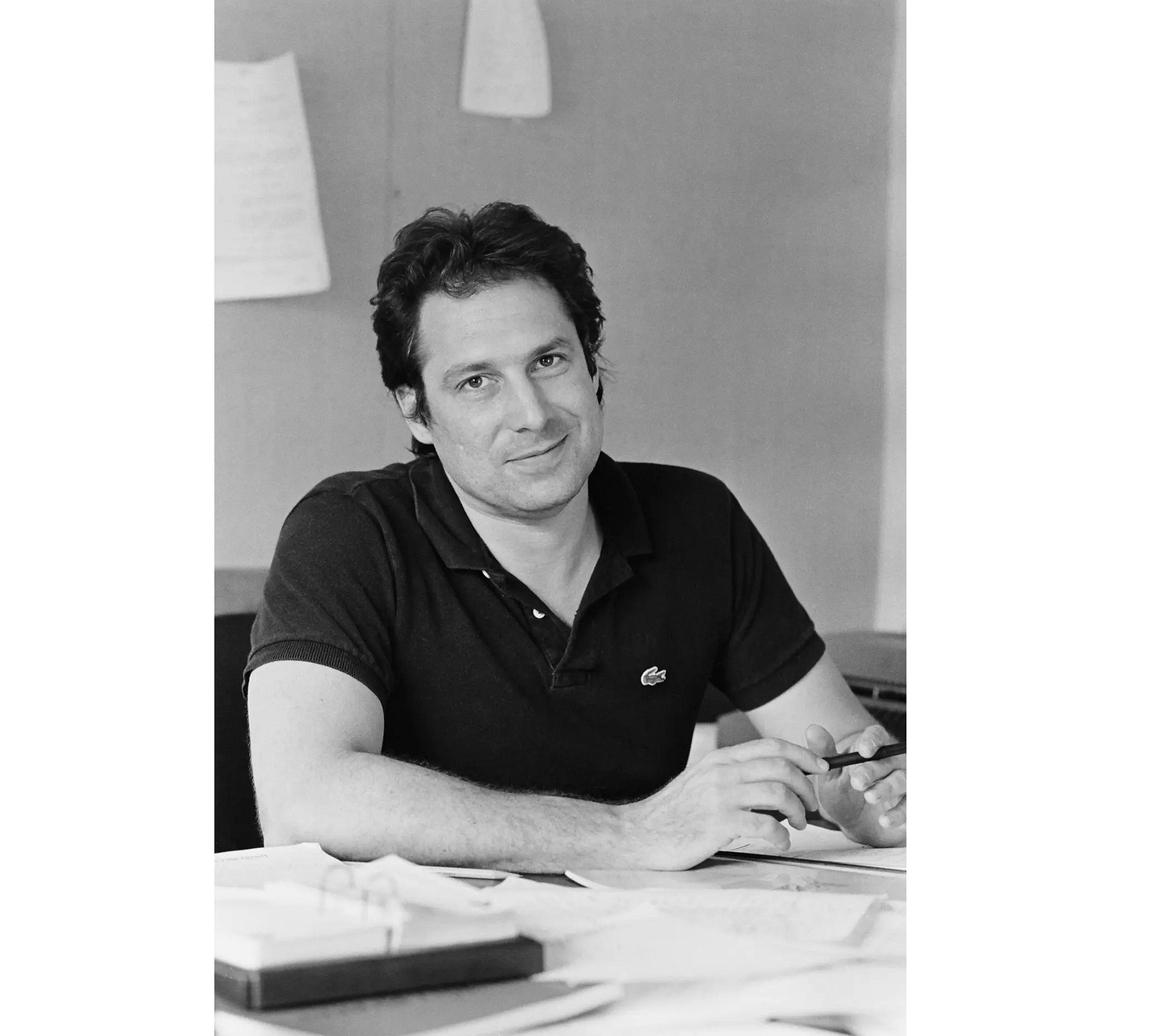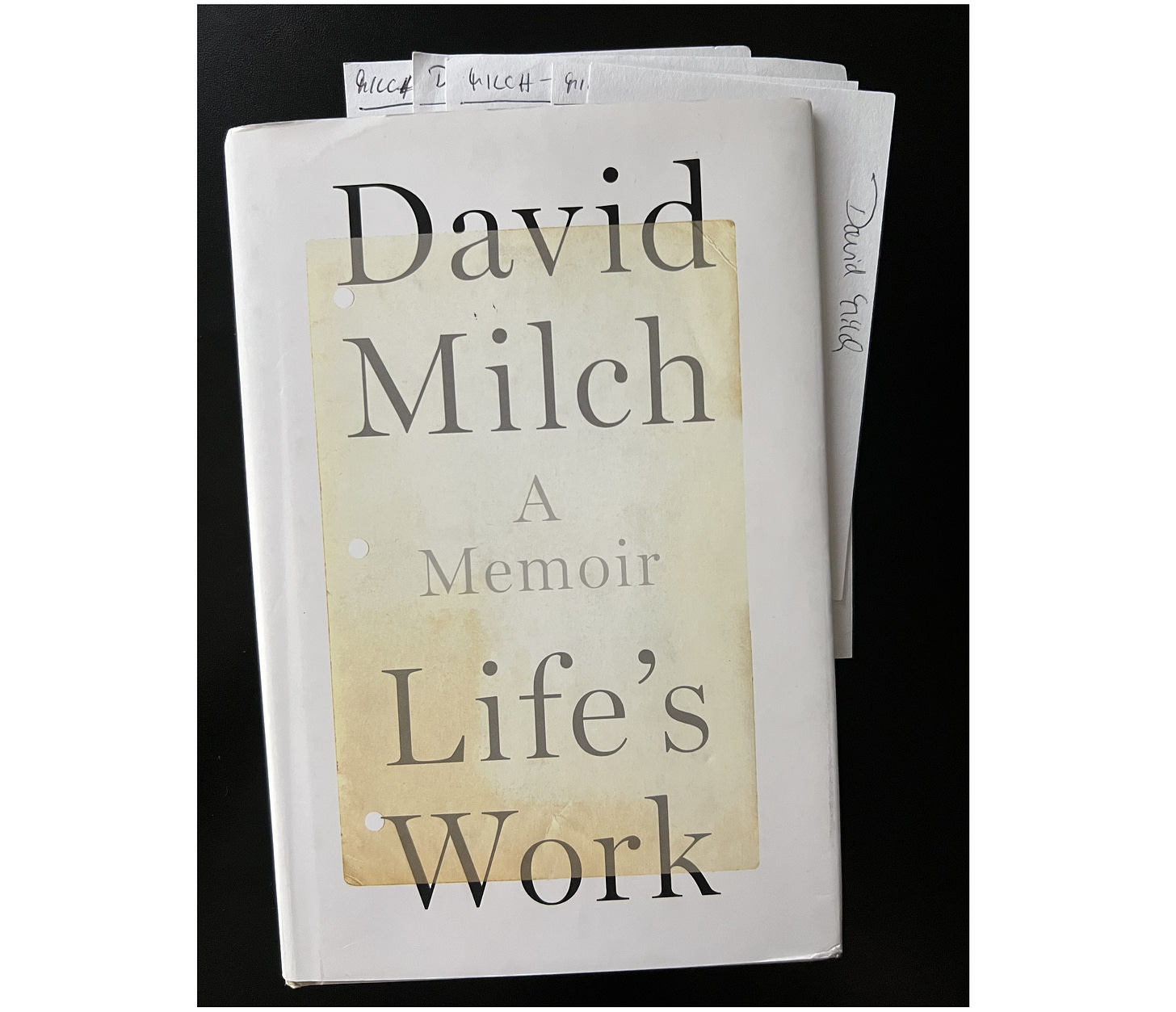David Milch and the Alchemy of Writing
“The process of storytelling, when it’s wrung from the heart, is a process of discovery, and self-discovery, and that has remained true with this work at this time.”
I was at the New York Public Library a couple of weeks ago, pulling biographies and memoirs off the shelves. I felt desperate for something to spark my curiosity. Almost every book left me cold. But one was a gem.
I opened Life’s Work to a random page. David Milch was pitching HBO a show about the rise and persecution of Christianity in Rome. There was only one problem: HBO was already working on Rome. “Can you give us the same story somewhere else,” they asked. I felt irritated just reading that response. But Milch was a pro. Yes, he knew exactly how to do that. I’d never heard of him before. My bad. He’s a big deal, the mind behind shows like Deadwood, NYPD Blue, and Luck.
In this case, he wanted to explore a society whose dominant symbol changes. Rome had been organized around the emperor when the apostle Paul offered the cross. Milch called these symbols the ‘lies agreed upon’ and simply pivoted to a different one, gold. “The agreement to act as if gold had a particular value,” he wrote, “and organize behavior around that collective agreement, was really the same story.” Gold had no intrinsic value, but the belief in its value, in the symbol of gold, could unleash significant energies. Voilà, the gold rush Western Deadwood was born.
I was impressed by Milch’s conceptual depth and flexibility, but what hooked me was why he wrote. I realized he used storytelling to save himself. “Storytelling is not therapy,” he wrote, “but storytelling can be an instrument of healing in the sense of fulfilling the capacities of our humanity.” For Milch storytelling was alchemy.

Keep reading with a 7-day free trial
Subscribe to Frederik's Age of Alchemy to keep reading this post and get 7 days of free access to the full post archives.




